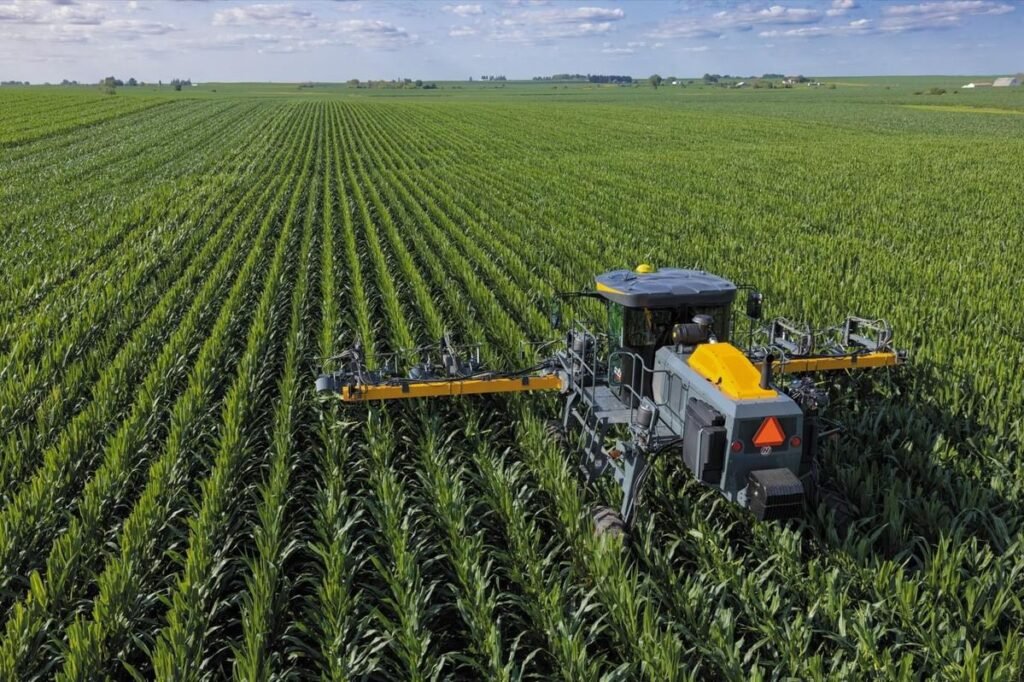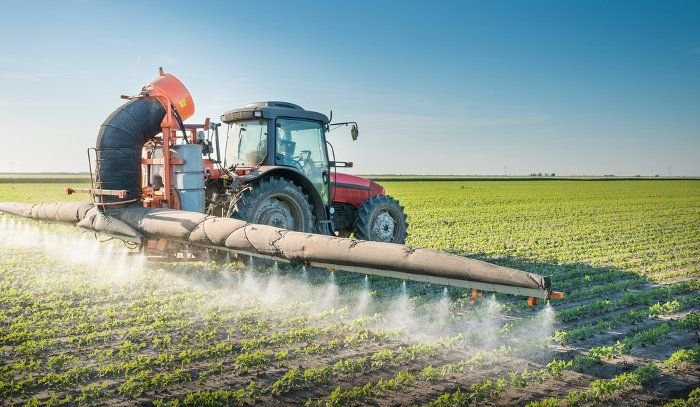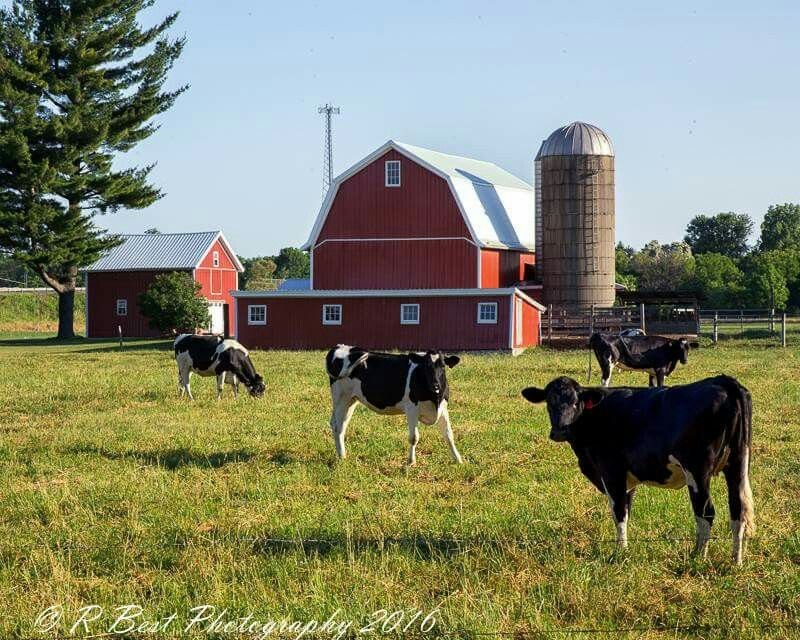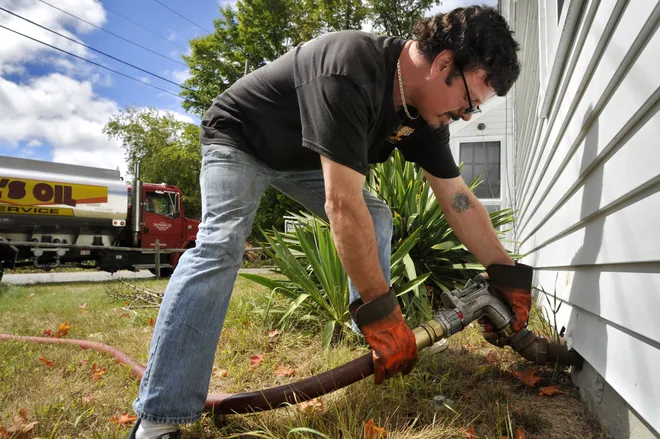Domestic heating oil continues to play an essential role in the United Kingdom’s energy landscape, especially in rural and off-grid communities. Given that many areas are not connected to the national gas network, this fuel serves as a reliable and cost-effective source of heat for thousands of households. From powering boilers to heating water and radiators, domestic heating oil ensures consistent comfort during the cold British winters. Its dependability, flexibility, and high energy efficiency have made it one of the most trusted heating options for homeowners across the country.
One of the key reasons domestic heating oil remains so popular is its versatility. Homeowners can store it in tanks, enabling them to manage their energy consumption as needed. Unlike gas or electricity, heating oil provides independence from centralized utility networks, allowing users to buy in bulk and take advantage of fluctuating fuel prices. This flexibility helps families better control their heating costs while ensuring a steady energy supply during periods of high demand or extreme weather.
Modern oil-fired systems have also evolved significantly, offering cleaner and more efficient performance. Advances in technology have made domestic heating oil burners more environmentally friendly by reducing emissions and maximizing heat output. This evolution means that while traditional in nature, heating oil continues to meet modern expectations of sustainability and energy efficiency, ensuring it remains a practical solution for homes throughout the UK.
How Does Farm Fuel Delivery Strengthen the Heating Oil Supply Chain?

The success and reliability of domestic heating oil as a household energy source depend heavily on the robust infrastructure of farm fuel delivery services across the UK. While these services were originally designed to support agricultural operations, they now play a crucial role in ensuring that heating oil reaches homes in even the most remote areas. Many rural suppliers have expanded their operations to include both domestic and agricultural fuel delivery, creating an efficient, interconnected supply network that benefits entire communities.
Farm fuel delivery ensures that homes and farms receive their fuel safely, efficiently, and on time. This service becomes particularly vital during winter, when heating demand spikes and weather conditions can hinder accessibility. Delivery providers use advanced logistics, route optimization, and remote monitoring systems to guarantee that customers receive timely deliveries regardless of their location. For rural households dependent on domestic heating oil, this consistency is more than a convenience—it is a necessity that keeps homes warm and families comfortable during the coldest months of the year.
Technology has further improved the efficiency of this process. Many suppliers now offer automated refill systems and tank monitoring services that track fuel levels in real time. These innovations eliminate the risk of running out of fuel unexpectedly by alerting the supplier when the tank is low, triggering an automatic delivery. The integration of farm fuel delivery services into domestic energy supply chains has brought a level of reliability and convenience previously unavailable, strengthening the overall fuel infrastructure that supports both rural households and agricultural operations.
What Are the Benefits of Choosing Domestic Heating Oil?

Domestic heating oil offers several key benefits, making it one of the most practical heating solutions for UK homeowners. One of its most significant advantages is energy efficiency. It produces a high heat output per unit, meaning less fuel is required to achieve the desired warmth compared to other energy sources. This efficiency translates directly into lower heating costs and greater energy savings over time, making it an economically sound choice for families seeking reliable comfort.
Another major benefit is its adaptability. Domestic heating oil can be used with a wide range of modern heating systems, including combination boilers and central heating units. This makes it suitable for both traditional rural homes and modern properties in areas without mains gas. Moreover, as technology continues to advance, new low-sulphur and biofuel blends are being introduced to the market, offering cleaner combustion and reducing carbon emissions. These environmentally friendly options allow households to enjoy the same level of performance while supporting the UK’s sustainability goals.
The independence offered by domestic heating oil is another significant draw. Unlike gas or electricity, which are subject to infrastructure limitations and price regulations, heating oil users can choose their suppliers freely. This competitive market encourages better pricing, improved service quality, and more personalized customer care. Combined with the efficiency of farm fuel delivery, this system ensures that every household—no matter how remote—receives the energy it needs without delay or disruption.
How Does Domestic Heating Oil Support Rural Life and Sustainability?

In many parts of the UK, domestic heating oil is more than just a household utility—it is a foundation for rural living. It powers homes, supports farms, and keeps communities running smoothly in areas where alternative energy sources are often unavailable. The interconnected relationship between domestic heating oil and farm fuel delivery ensures that both residential and agricultural needs are met simultaneously, strengthening the economic and social fabric of rural Britain.
This fuel also plays a crucial role in promoting energy security. By allowing users to store fuel onsite, it reduces dependence on external networks and minimizes the risk of energy shortages. In times of supply disruptions or market volatility, this autonomy provides rural households with peace of mind and stability.
From an environmental perspective, the domestic heating oil industry is actively embracing change. Suppliers are increasingly offering renewable bio-blends that reduce emissions without sacrificing efficiency. Delivery fleets are becoming more sustainable, using cleaner transport technologies and optimized delivery systems to minimize their carbon impact. These improvements reflect a broader commitment to building a greener, more resilient energy future for rural and off-grid communities.
Conclusion
Domestic heating oil remains a cornerstone of rural and off-grid energy in the United Kingdom. Its reliability, efficiency, and flexibility make it an ideal solution for homeowners seeking consistent warmth and control over their energy use. Supported by the efficiency and precision of farm fuel delivery services, it ensures that even the most remote properties have access to dependable heating year-round.
As the UK continues its transition toward cleaner, more sustainable energy solutions, domestic heating oil is evolving, offering advanced, low-emission fuels and smarter delivery systems. Together, domestic heating oil and farm fuel delivery represent not just a source of comfort, but also a symbol of resilience, sustainability, and progress—powering homes, supporting farms, and keeping rural Britain warm for generations to come.















Leave a Reply